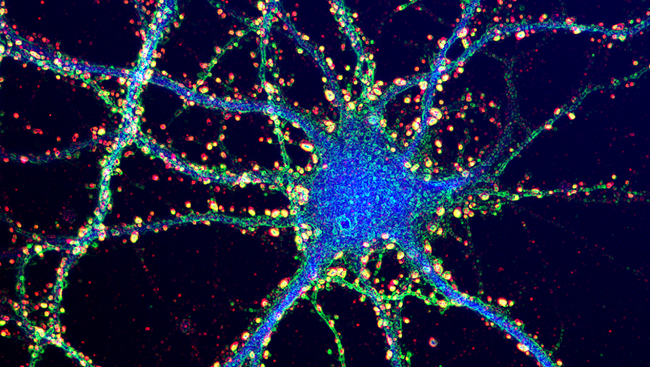The effectiveness of EVNol™ natural full spectrum palm tocotrienol complex as neuroprotective and antioxidant agent in chronic cerebral hypoperfusion-induced neurodegeneration was recently demonstrated by a group of researchers from Faculty of Medicine, International Islamic University Malaysia and Menoufia Medical School, Egypt.

Image credit to Brain Facts . org
A 2-vessel occlusion (2VO) rat has neuronal cell death in the hippocampus and cerebral cortex, which are the same structures affected during progressive neurodegeneration in Alzheimer’s patients. In this study, 24 Sprague Dawley rats were equally divided into 3 groups: (i) SHAM control (placebo surgery), (ii) 2VO model (untreated), and (iii) 2VO+E model (treated). The 2VO+E model is a group of rats supplemented with 100 mg/kg palm tocotrienol mixture (EVNol™) supplied by ExcelVite for 8 weeks.
Histopathological examination in the region of hippocampus reveals that the neuronal cells in the group of rats receiving EVNol™ (2VO+E) group showed similar characteristics as in the SHAM control group. There is also less neuronal cell damage in group of rats receiving EVNol™ compared to the untreated group.
Isoprostanes generated by lipid peroxidation would further aggravate neuronal cell death. The level of F2-isoprostanes (F2-IsoPs), a prominent biomarker for oxidative stress and lipid peroxidation in vivo, was also measured in all 3 group of rats. The 2VO group has a significantly higher F2-IsoPs level compared to the SHAM control group. Meanwhile, EVNol™-treated group (2VO+E) had significantly reduced F2-IsoPs level (5.9 ± 0.3 pg/ml) than the untreated 2VO group (16.7 ± 0.5 pg/ml).
The researchers conclude that EVNol™ natural full spectrum palm tocotrienol complex could play an important role in controlling oxidative stress-induced conditions in the brain that could lead to Alzheimer’s disease. The neuroprotective effect of tocotrienol in terms of gene expression and protein expression is worth to be studied in the future.
“The potential use of EVNol™ / EVNol SupraBio™ as neuroprotective agent has been studied for the past 20 years, that began at the Ohio State University Medical Center, led by Prof Chandan Sen. This study adds to the compelling body of science on the effectiveness of tocotrienols in neuroprotection and is in line with past research studies using EVNol™ / EVNol SupraBio™ vis a vis attenuation of white matter lesions, an independent risk factor for stroke (pre-stroke) and reducing stroke-induced injuries (post-stroke). It strengthens EVNol™ / EVNol SupraBio™’s effectiveness in neuroprotection and for brain health,” says Ms. Diyanah Roslan, Nutritionist at ExcelVite.
“The pressure of population ageing is strongly associated with the health status of people as they become older, and to date, there is no specific interventions for Alzheimer’s disease. If tocotrienol could help in conferring neuroprotective effect, this would be beneficial for the elderly of today and tomorrow.”
Reference
Mohamed, W. M., Sayeed, S., Saxena, A. K., & Oothuman, P. (2018). Oxidative Stress Status and Neuroprotection of Tocotrienols in Chronic Cerebral Hypoperfusion-Induced Neurodegeneration Rat Animal Model. International Journal of Nutrition, Pharmacology, Neurological Diseases, 8(2), 47.